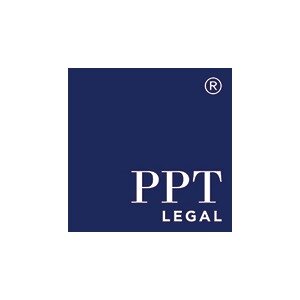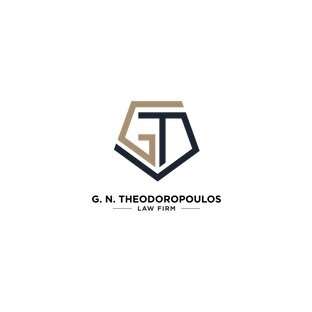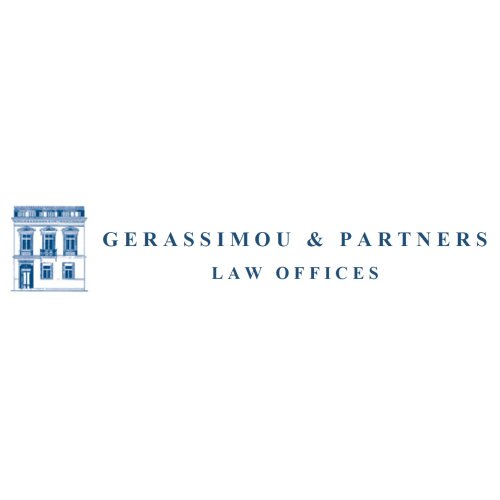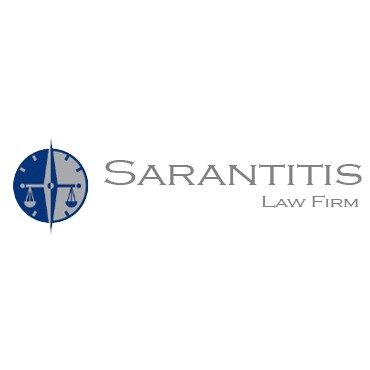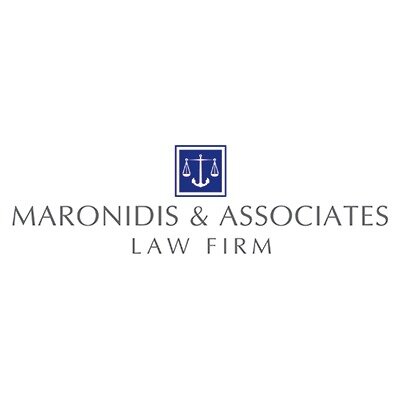Best Employer Lawyers in Piraeus
Share your needs with us, get contacted by law firms.
Free. Takes 2 min.
List of the best lawyers in Piraeus, Greece
About Employer Law in Piraeus, Greece
Employer law in Piraeus, Greece, is a critical component of the labor and employment legal framework that governs the relationship between employers and employees in this bustling port city. This legal area covers a wide range of topics, including employment contracts, workplace rights, occupational health and safety, wages, working hours, and termination procedures. Given the strategic importance of Piraeus as the main seaport of Athens and one of the largest passenger ports in Europe, employment laws here are often influenced by both local and international standards.
Why You May Need a Lawyer
There are numerous scenarios where individuals and businesses in Piraeus might require legal assistance related to employment matters. Some common situations include:
- Drafting and reviewing employment contracts to ensure they comply with Greek law.
- Disputes over employee rights, including unfair dismissal, discrimination, or harassment claims.
- Negotiating collective bargaining agreements or dealing with union-related issues.
- Understanding and applying regulations related to workplace health and safety.
- Addressing issues related to employee compensation, benefits, and pension plans.
Local Laws Overview
Employment law in Piraeus is governed by national Greek employment legislation, which is supplemented by European Union directives. Key aspects include:
- Employment Contracts: Contracts must comply with statutory minimum requirements, including terms of employment, working hours, and leave entitlements.
- Minimum Wage: Greek law establishes a national minimum wage standard that must be adhered to by all employers.
- Working Hours: Standard working hours are set, with provisions for overtime payments and rest periods.
- Health and Safety: Employers are mandated to provide a safe working environment, adhering to regulations that minimize workplace hazards.
- Termination Procedures: Specific procedures must be followed for lawful termination, including notice periods and severance pay.
- Discrimination Laws: Provisions exist to protect employees from discrimination based on gender, race, religion, and other factors.
Frequently Asked Questions
What constitutes an unfair dismissal in Piraeus?
An unfair dismissal occurs when an employee is terminated without just cause or proper procedure. This includes dismissals based on discrimination or retaliation.
How is the minimum wage determined in Greece?
The minimum wage in Greece is set by national legislation and can be adjusted based on government policy and economic factors. It applies uniformly across regions, including Piraeus.
Are part-time employees entitled to the same rights as full-time employees?
Yes, part-time employees are entitled to the same basic rights as full-time employees, although their entitlements may be pro-rated based on hours worked.
What are the key factors for legally valid employment contracts?
A valid employment contract must outline the job role, working conditions, salary, duration, and comply with Greek labor laws.
Can an employer change the terms of employment unilaterally?
No, significant changes to employment terms typically require the employee’s consent or must be justified by operational needs and follow proper procedures.
What legal recourse is available for workplace harassment victims?
Victims of workplace harassment can file a complaint with the competent labor inspectorate or pursue civil claims for damages.
How are employees protected during a company restructuring?
Employees are entitled to protections such as notice periods, severance pay, and in some cases, consultations with unions or worker representatives.
What are the regulations surrounding overtime work?
Overtime work must be compensated at rates higher than standard hours, as specified by Greek law. Employers must also comply with limits on maximum working hours.
Are there special provisions for maritime workers in Piraeus?
Yes, special regulations apply to maritime workers, given Piraeus's status as a major port, addressing specific working conditions and safety concerns.
What are an employer's obligations regarding employee health and safety?
Employers must provide a safe working environment, conduct risk assessments, and ensure that safety measures and equipment are in place and well-maintained.
Additional Resources
Several resources are available for those seeking more information or legal assistance related to employment law in Piraeus:
- The Greek Ministry of Labor and Social Affairs offers guidelines and detailed information on national employment standards.
- The Labor Inspection Corps (SEPE) can assist with workplace grievances and compliance issues.
- Local Bar Associations, such as the Piraeus Bar Association, provide directories of qualified labor lawyers.
- Trade unions and employer organizations can offer support and advocacy for collective employment-related issues.
Next Steps
If you require legal advice or assistance regarding employment matters in Piraeus, consider taking the following steps:
- Identify the specific legal issue or question you need assistance with.
- Gather all relevant documentation, such as contracts, correspondence, and performance records.
- Contact a local employment lawyer who is knowledgeable about Piraeus’s legal environment.
- Schedule a consultation to discuss your case and explore potential legal avenues.
- Follow the lawyer’s advice on the next steps to take, whether negotiating, mediating, or pursuing legal action.
Lawzana helps you find the best lawyers and law firms in Piraeus through a curated and pre-screened list of qualified legal professionals. Our platform offers rankings and detailed profiles of attorneys and law firms, allowing you to compare based on practice areas, including Employer, experience, and client feedback.
Each profile includes a description of the firm's areas of practice, client reviews, team members and partners, year of establishment, spoken languages, office locations, contact information, social media presence, and any published articles or resources. Most firms on our platform speak English and are experienced in both local and international legal matters.
Get a quote from top-rated law firms in Piraeus, Greece — quickly, securely, and without unnecessary hassle.
Disclaimer:
The information provided on this page is for general informational purposes only and does not constitute legal advice. While we strive to ensure the accuracy and relevance of the content, legal information may change over time, and interpretations of the law can vary. You should always consult with a qualified legal professional for advice specific to your situation.
We disclaim all liability for actions taken or not taken based on the content of this page. If you believe any information is incorrect or outdated, please contact us, and we will review and update it where appropriate.



